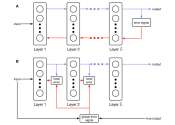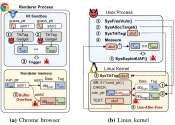Researchers invent intelligent soft robotic clothing for automatic thermal adaptation in extreme heat
As global warming intensifies, people increasingly suffer from extreme heat. For those working in a high-temperature environment indoors or outdoors, keeping thermally comfortable becomes particularly crucial.
Aug 13, 2024
0
227









